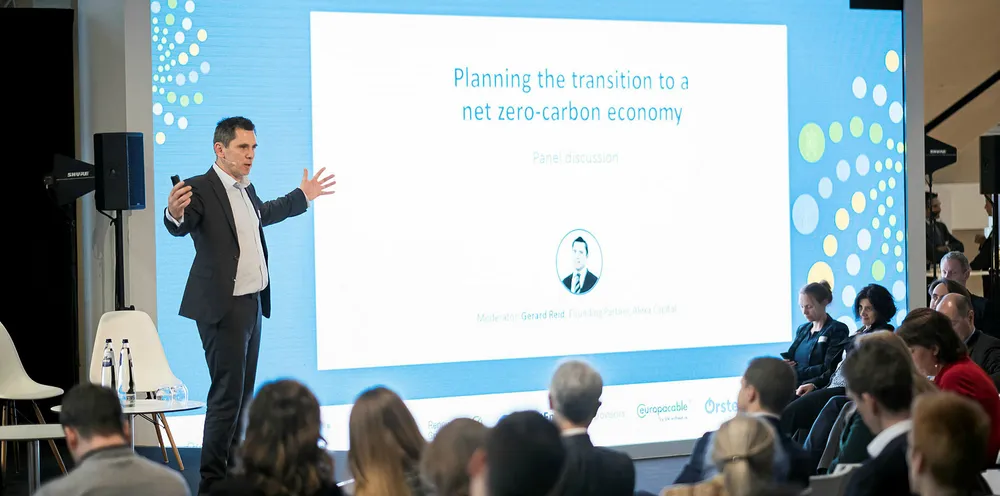'To speed up the energy transition, stop talking about climate change'
The profitability of clean energy and the risk of stranded fossil-fuel assets will be enough to persuade climate-sceptic financiers to increase their investments, experts tell conference
